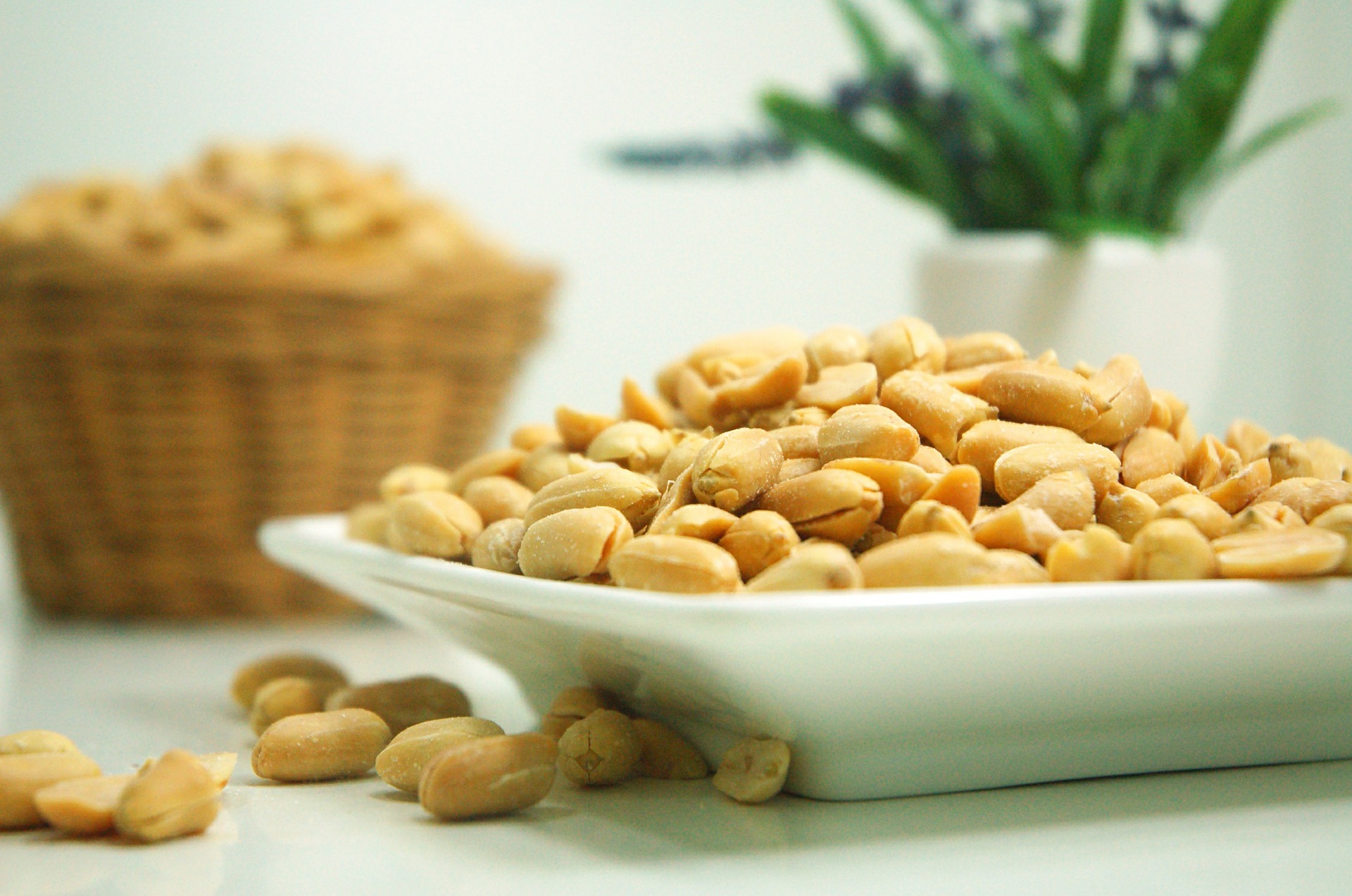It is said that hazelnuts make you fat, but at the same time they are healthy for the body. The question is: how many nuts should we eat in order to benefit our health?
Nutritional content
50 grams (one serving) of raw (unroasted) and unsalted hazelnuts contains approximately 265 calories, 1 g of protein, 23 g of fat, 9 g of carbohydrates, 4 g of fiber, 100 mcg of folate, 85 g of magnesium, 325 g of potassium, 1.1 g of iron and 5 mg of sodium.
Peanuts are a nutritious and energizing food, with a good combination of fiber and protein. And they bring in essential nutrients like folate, magnesium, potassium and iron. And the salt content is very low in raw hazelnuts.
Roasting the hazelnuts adds about 0.5 g per serving. And one of the salted hazelnuts contains about 160-170 mg of salt, a lot – given that the recommended daily dose is 2,300 mg (and 1,500 mg for those with high blood pressure or heart disease).
They are rich in antioxidants
Research has identified hazelnuts as a “functional food” for the content of folic acid and flavonoids, which are also found in green or black tea, apples, red wine and soybeans. For this reason, they have anti-inflammatory qualities, reducing the risk of diseases such as diabetes, heart disease and even certain types of cancer.
So it is advisable to chop some hazelnuts over a salad or soup, if you have not spread a little peanut butter over a slice of toast for breakfast.
Helps lose weight and maintain weight
Although they seem to have a lot of calories, “vegetables from trees” generically called “nuts” (so including hazelnuts) are a good snack for those who want to lose weight or not gain weight. The combination of fiber, protein and healthy fats stops hunger and thus prevents overeating.
Research has shown that nuts play an important role in weight regulation, as well as an inverse relationship between obesity and nut consumption (meaning that if you eat nuts more often you are less likely to be obese). One serving per day is recommended, on average 40 grams.
They are good for the heart
The mixture of soluble and insoluble fiber in hazelnuts helps lower LDL (‘bad’) cholesterol. They also contain vitamin B3, which is good for heart function. One study found that one serving a day for 12 weeks helped participants have better blood pressure and cholesterol and triglyceride levels.
It regulates blood sugar
One study found that peanut butter is inversely associated with the risk of type 2 diabetes. mortality from all causes.
They are environmentally friendly
Hazelnuts are some of the most convenient nuts on the market, even if their price increased during the pandemic, so friendly with the budget, but also with the environment. Cultivating 50 grams of hazelnuts requires about 20 liters of water, compared to almonds, which need almost 200 liters. Peanuts are also plants that take nitrogen from the atmosphere and fix it in the soil through the bacteria in their roots, as a natural fertilizer for other plants.
conclusions
Peanuts are nutritious, convenient and regular consumption improves heart function, reduces the risk of diabetes and regulates weight. And, compared to other nuts, they have a better relationship with the environment. Pay attention only to the quantity and the salt!
–


